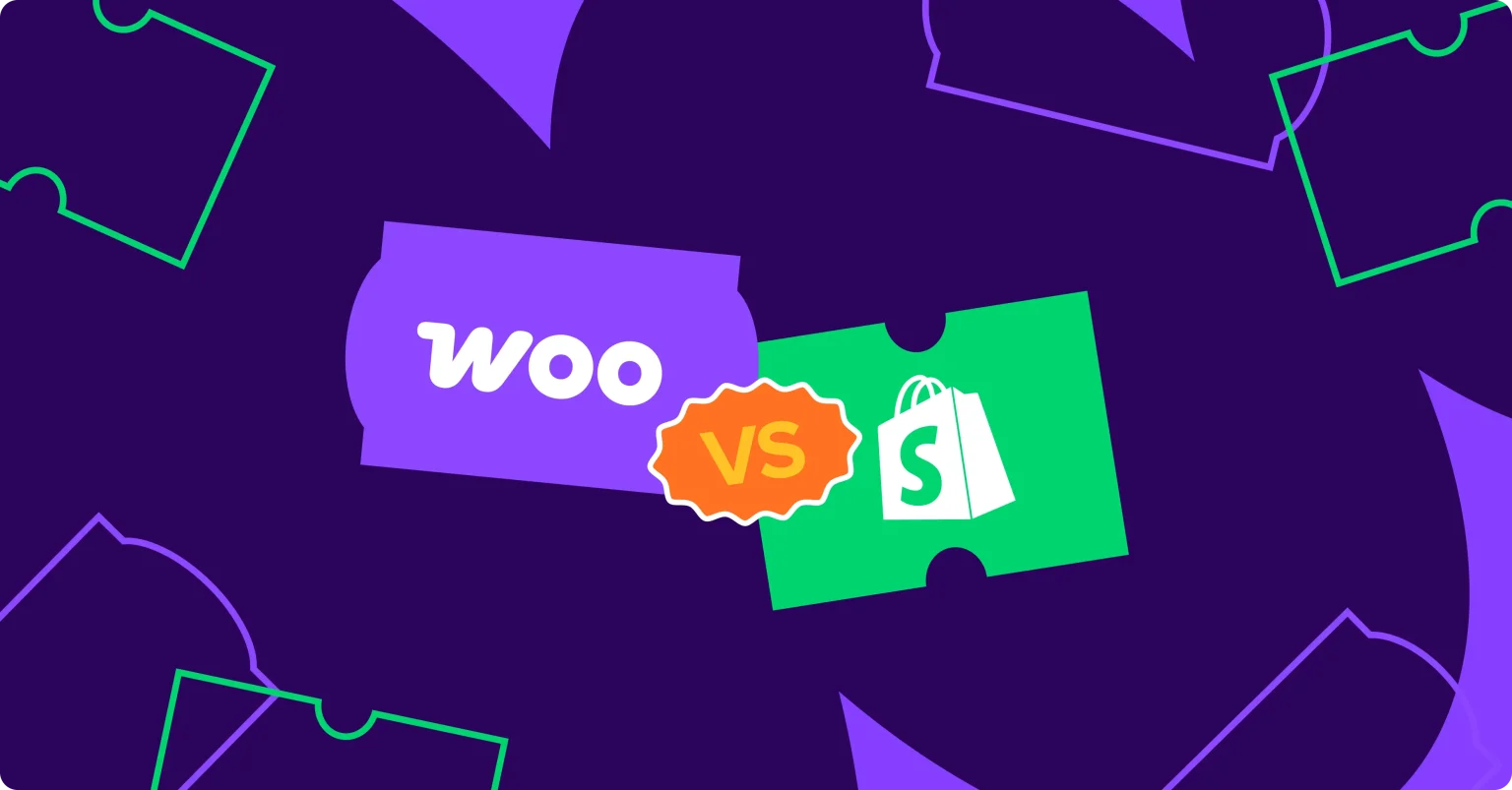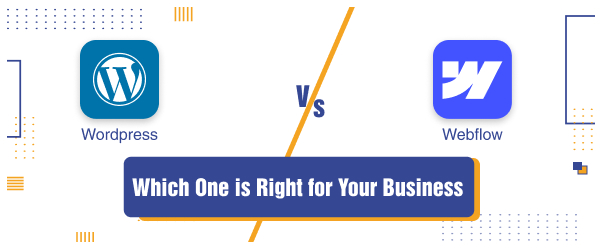In the age of digital revolution, our lives are intricately woven into the fabric of technology. From hailing a cab to connecting with friends across the globe, from streaming our favourite shows to grooving to personalized playlists, the realm of web applications has redefined convenience and accessibility. Much like the ubiquitous services we rely on daily such as Uber, Facebook, Netflix, and Spotify, web applications stand as the backbone of our digital existence, offering a range of functionalities that enrich our lives in ways we often take for granted.
Understanding the Essence of Web Applications
At its core, a web application embodies the essence of modern digital innovation. It represents a sophisticated amalgamation of software engineering and internet technologies, seamlessly bridging the gap between users and data through the vast expanse of cyberspace.
Unlike traditional desktop applications, which necessitate laborious installation processes and periodic updates to maintain functionality and security, web applications offer a refreshingly streamlined experience. With a simple launch of a web browser, users gain instant access to a diverse array of services and functionalities, all without the need for cumbersome downloads or installations.
Central to the architecture of a web application is its reliance on web servers, which serve as the backbone of its operation. These servers act as repositories for the application’s codebase, databases, and other essential resources, orchestrating the intricate dance between client-side interactions and server-side processing.
Think of web applications as virtual gateways to a plethora of services and functionalities, seamlessly integrated into our daily routines. Whether you’re checking your social media feed, ordering groceries online, or managing your finances, chances are you’re interacting with a web application.
The Ubiquitous Presence of Web Applications
Consider the analogy of Uber. With just a few taps on your smartphone, you can summon a ride to your doorstep, bypassing the hassle of waiting for taxis or navigating public transportation. This seamless experience is powered by a web application that connects passengers with drivers, harnessing the power of real-time data and location services.
Similarly, Facebook has become synonymous with social networking, connecting billions of users worldwide. From sharing updates and photos to organizing events and joining groups, Facebook’s web application serves as a virtual social hub, fostering communication and community on a global scale.
The entertainment industry has also undergone a significant transformation, thanks to web applications like Netflix and Spotify. With Netflix, you can stream a vast library of movies and TV shows on demand, tailored to your preferences. Likewise, Spotify revolutionized the way we consume music, offering a vast catalogue of songs that can be streamed instantly, anytime, anywhere.
Basic Difference Between Website & Web Application
Website Development: These will focus on teaching you how to create and design informational websites. These courses cover fundamental web technologies such as HTML, CSS, and JavaScript, along with best practices in web design, user experience, and responsive layouts. You’ll learn how to build static and dynamic websites that effectively convey information and engage users through appealing designs.
Web Application Development: These will delve into the creation of interactive, data-driven applications. These courses include advanced programming concepts, server-side development, database management, and the use of frameworks like ReactJS, Angular, and Node.js. You’ll learn to build complex web applications that enable user interactions, process data, and integrate with various backend services for a seamless, dynamic user experience.
The Flexibility of Web Applications
One of the defining characteristics of web applications is their inherent flexibility. Unlike native applications that are tailored to specific operating systems, web apps are platform-agnostic and capable of running on any device with a web browser. Whether you’re using a desktop computer, a smartphone, or a tablet, you can access the same web application seamlessly, without compromising functionality or user experience.
This versatility is particularly evident in the realm of e-commerce. Online retailers like Amazon and eBay leverage web applications to reach customers across various devices, offering a consistent shopping experience regardless of the platform. Whether you’re browsing products on your laptop or making a purchase on your smartphone, the underlying web application adapts effortlessly to your chosen device, ensuring a seamless transaction every time.
The Importance of Web Applications
Web applications play a crucial role in shaping our digital landscape. They offer unparalleled convenience, accessibility, and scalability, empowering businesses and individuals alike to connect, collaborate, and innovate in ways that were once unimaginable. From improving productivity in the workplace to revolutionizing entire industries, the impact of web applications cannot be overstated.
Most Common Web Applications and Their Impact
- Social Media Platforms (e.g., Facebook, Twitter, Instagram): These platforms have revolutionized the way we connect and communicate, breaking down geographical barriers and fostering global communities. From sharing personal updates to staying informed about current events, social media web applications have become integral parts of our daily lives.
- E-commerce Websites (e.g., Amazon, eBay, Alibaba): Online shopping has experienced exponential growth, thanks to the convenience and accessibility offered by e-commerce web applications. Consumers can browse a vast array of products, compare prices, and make purchases from the comfort of their homes, reshaping the retail landscape and driving innovation in logistics and supply chain management.
- Streaming Services (e.g., Netflix, Spotify, YouTube): The entertainment industry has undergone a seismic shift with the rise of streaming web applications. Users can access a treasure trove of movies, TV shows, music, and videos on demand, personalized to their preferences. This has disrupted traditional media consumption models and empowered content creators to reach global audiences directly.
- Productivity Tools (e.g., Google Workspace, Microsoft 365, Trello): Web applications have transformed the way we work and collaborate, enabling seamless communication, file sharing, project management, and task organization. Whether you’re working remotely or collaborating with colleagues across different time zones, productivity web apps facilitate efficient workflows and streamline business operations.
- Educational Platforms (e.g., Coursera, Khan Academy, Duolingo): The democratization of education has been made possible by web applications that offer online courses, tutorials, and interactive learning experiences. Students of all ages can access high-quality educational resources anytime, anywhere, leveling the playing field and expanding access to lifelong learning opportunities.
In conclusion
Web apps have become an integral part of our digital lives, shaping the way we work, interact , as well as entertain ourselves. From enhancing productivity and connectivity to revolutionizing entire industries, the impact of web applications is profound and far-reaching. As technology continues to evolve, so too will the capabilities of web applications, ushering in a new era of innovation, collaboration, and possibility. So the next time you tap into the digital realm, take a moment to appreciate the seamless magic of web applications that make it all possible.






